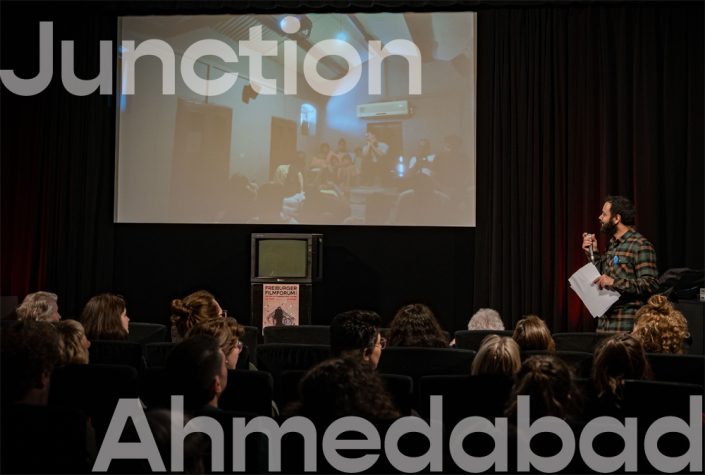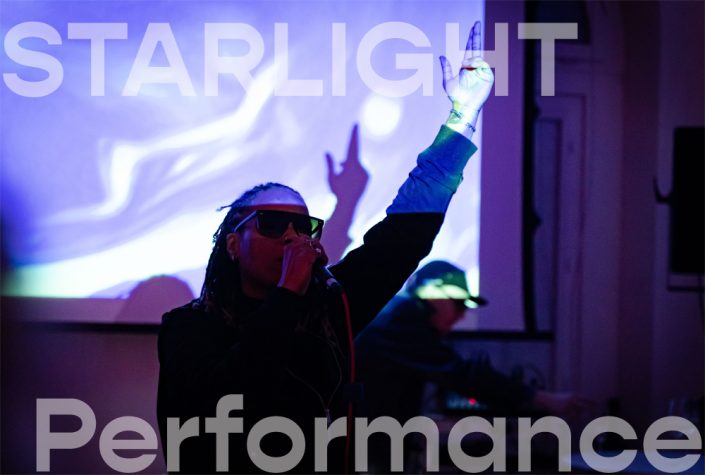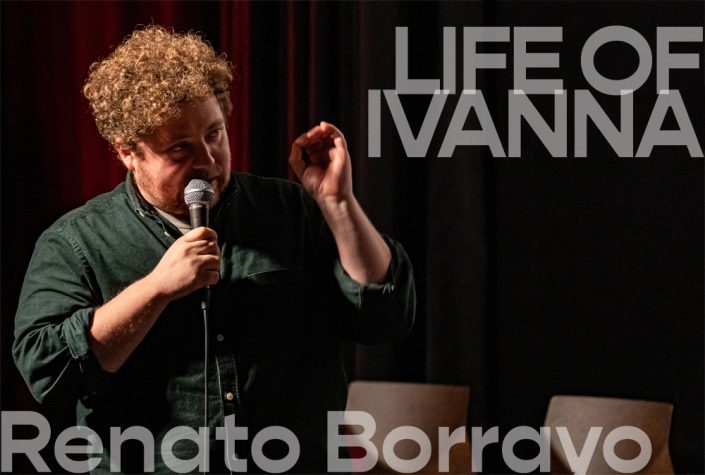Danish anthropologist Christian Suhr embarks on a journey through Egypt and into the spiritual world of the Sufis. Together with his Islamic friend Muhammad, he meets numerous believers for talks and films Hadra rituals. The closeness to Allah is often described as an experience of light and with this motif starts an impressive cinematic search for light. For the camera loves and needs the light: between a medium that is attached to reality and the spiritual narratives, the film commits an exciting balancing act.
Suhr reports on his own “enlightened” moment in a Christian church. And asks if it could be the same light as that of the Sufis. Muhammad says: there is one truth, one reality, one light - but it manifests itself differently.…
Christian Suhr is a filmmaker and professor at the Department of Anthropology, Aarhus University, Denmark. During fieldwork in Egypt, Denmark and Papua New Guinea, he has explored experiences of spirit possession, psychiatric illnesses, religious healing, and how film can be used to approach unseen dimensions of human life. He is the author and director of the award-winning film and book DESCENDING WTH ANGELS about possession, psychiatry, and Islamic exorcism (2013). LIGHT UPON LIGHT is the first film in a planned trilogy with the Cairo-based film collective Hassala Films. Films: UNITY THROUGH CULTURE (2011), Freiburger Filmforum 2013); NGAT IS DEAD (2009); WANT A CAMEL, YES (2006).
Director: Christian Suhr
Cinematography: Christian Suhr, Amira Mortada, Muhammad Mustapha
Script, Editing: Muhammad Mustapha, Christian Suhr
Producer: Hala Lotfy









